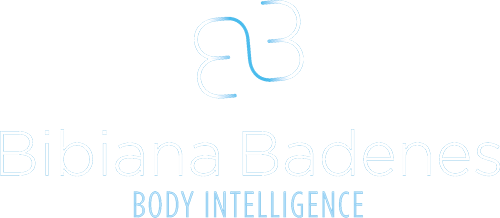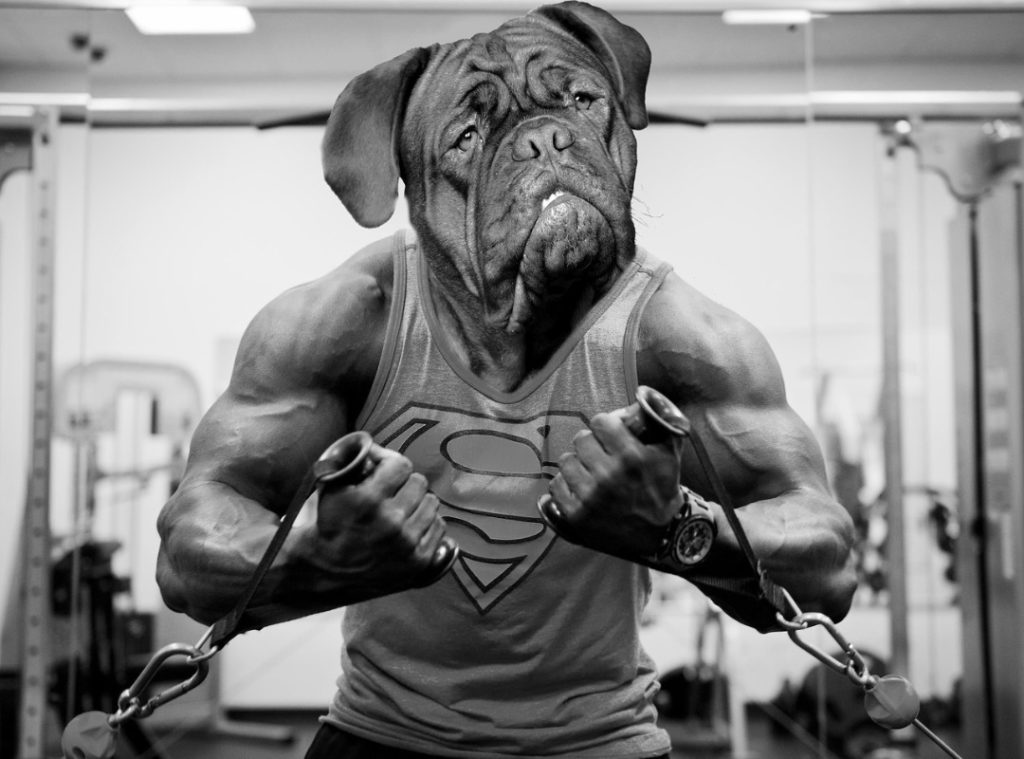GOING TO THE GYM: TOUGHENING UP OR SOFTENING DOWN?
WHY SOMATIC MATTERS
I want to tell you something, today: I went back to the gym.
For a long time, I didn’t feel the need to go, but now that I decided to return I started to wonder, why do we go to the gym?
There are many reasons, and we could probably talk about this for hours. I could write an endless number of posts about it, but I’ll wait to share my reflections about it after I come back. Oh, yeah!!!
So I go to the gym and I exercise pretty much on my own, applying my experience and knowledge. I’ve been treating sports injuries all my life, I trained in fascial fitness, and in the past century I was a swimmer (I still live from the legend, LOL.)
I can tell right from the start that the other people at the gym are staring at me, maybe because of the kind of exercises I’m doing. But, at the same time, I’m fascinated watching people around me. I can sense their bodies’ tension, their stiffness and effort. People around me are doing repetitive movements.
When I observe people doing their exercises, I would love to make helpful suggestions about biomechanics and attention.
When we are challenged, threatened, or hurt, our natural tendency is to constrict , or the other way around. Will permanent body constriction lead to being stuck in these emotional characteristics?
What stands out about them is the deformity, the lack of lightness and fluidity in their movements and in the way they walk.
As I watch them, I feel the urge to ask them: Why do you come to the gym?
And I can’t help it, so I go and pop the question to them.
Most of them say that they want to “toughen up.” Both men and women say the same.
Many of the men are hurt by other people’s comments, so they are the eager to toughen up because they feel “weak.
A few of them work on their flexibility, but those who actually do, don’t seem to have much awareness of their bodies.
Women want to toughen their legs quickly, and men want to do the same with their shoulders, arms, and chest.
I can’t get the phrase “toughen up” out of my head.
I go back to the gym another day, and it’s the same answers, the same ways of moving and thinking.
I look up in the dictionary the words TOUGHEN: It’s about making something tougher, making it harder, increasing physical or mental resistance. And I wonder if that’s what’s really happening at the gym.
After so many years, I can’t help but connect movement patterns with mental, emotional, and behavioral patterns.
When we change our bodies, we change our identity and our thinking.
Most weightlifting exercises performed at the gym create rigidity in our movement and reduce our flexibility, which in turn causes lack of postural adaptation.
The postural adaptation capacity is connected to the balance of all the physical and emotional aspects of the person.
I ask myself if it could be possible that the lack of strength that these men and women feel is just lack of inner strength and support, which they try to compensate with hard muscles and low flexibility. By the way, flexibility is connected to our capacity to let go of things and also to move freely, with an agility of mind and an open attitude towards transformation.
If we only train to toughen ourselves, to make our muscles harder, this will lead to losing confidence. Why is that? Because our body is confident when it moves properly, and this requires softness.
When I say softness, I mean the ability of our body to change its muscle tone and adapt. “Softening down” implies alleviating the fierceness, anger, and nerve, toning down. In Spanish, softening down is “ablandarse,” from the Latin “blandiri,” which means, “caressing.” It is also connected to the meaning of “to yield,” to soften our stance, or our way of thinking.
We need to let go, to soften ourselves so we can change our shape.
Do we really want to change?
We cover ourselves with an armor of muscles that doesn’t let anyone inside our space. I doubt that this attitude of not letting others caress us is ultimately good for us. Are we afraid to soften down and allow others into our vital space? Could this be the cause of the lack of trust between people that is so common nowadays?
Muscles that are too tight can’t do their job well, and they usually “cry and whine.” On the other hand, muscles without proper tone are also unable to do their job, and they become a constant cause of pain and other issues. Having a good muscle tone is the foundation of a well-balanced body. Relaxing isn’t the same as collapsing. Relaxation is an active state.
I insist on the concept that muscle relaxation is necessary for good health. I’m not referring to being able to relax a single muscle, but of our whole body response to relaxation. This kind of relaxation affects us at the emotional level, and it influences the homeostasis of our entire body.
I don’t have anything against going to the gym, but I am thinking that we should ask ourselves what are we trying to achieve by going there. Our daily activities, I repeat our daily activities should include all movements that we are doing in the gym; this is how humans have lived most of our days.
What can I say about myself? When my muscles are stiff, I am prone to anger, to react disproportionately. I am confused, self-centered, and I lose my ability to be with other people. On the other hand, when I soften down I become more able to choose, to observe, to be centered. I get less tired, and I gain empathy and compassion. We are afraid of being soft because we have confused what being strong means, not paying attention to the lived experience of the body is the foundation for much else that is destructive.
So here’s my question again: Do we go to the gym to toughen up or to soften down? Why do I go to the gym? I go to find the right tone, not too hard, and not too soft.
LIFE IS ABOUT HAVING THE PROPER TONUS, a flow movement implies clear direction, this is the kind of movement that we watch from outside and we say: it looks so easy! Then you go and try it and umm maybe not.
SOMATIC THERAPY AND SOMATIC MOVEMENT HAS SOMETHING TO SAY ABOUT IT.
Don’t get me wrong, I love muscles so another day we will discuss lines of force, osteoporosis, and the role of our bones as a hormonal regulator, and how they have their own intelligence and contribute to the homeostasis of our bodies… A lot of information to share!
Bibiana Badenes




